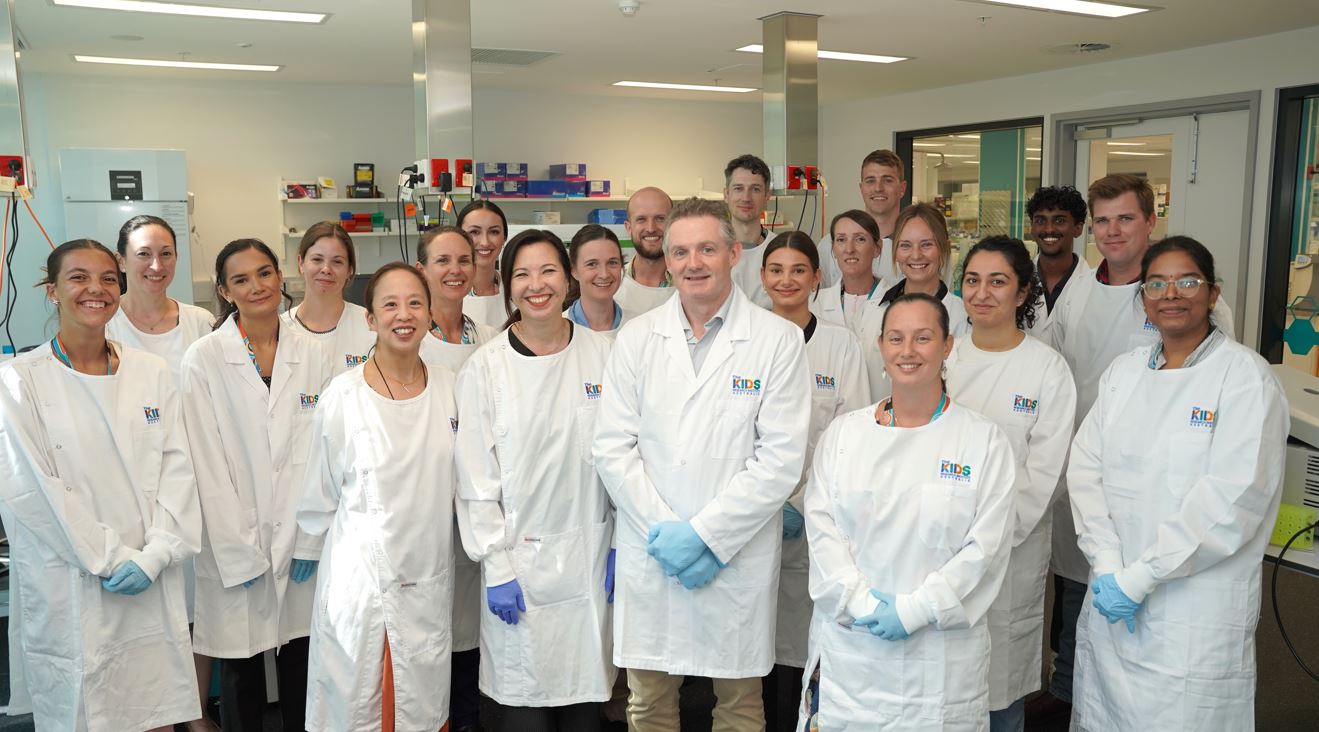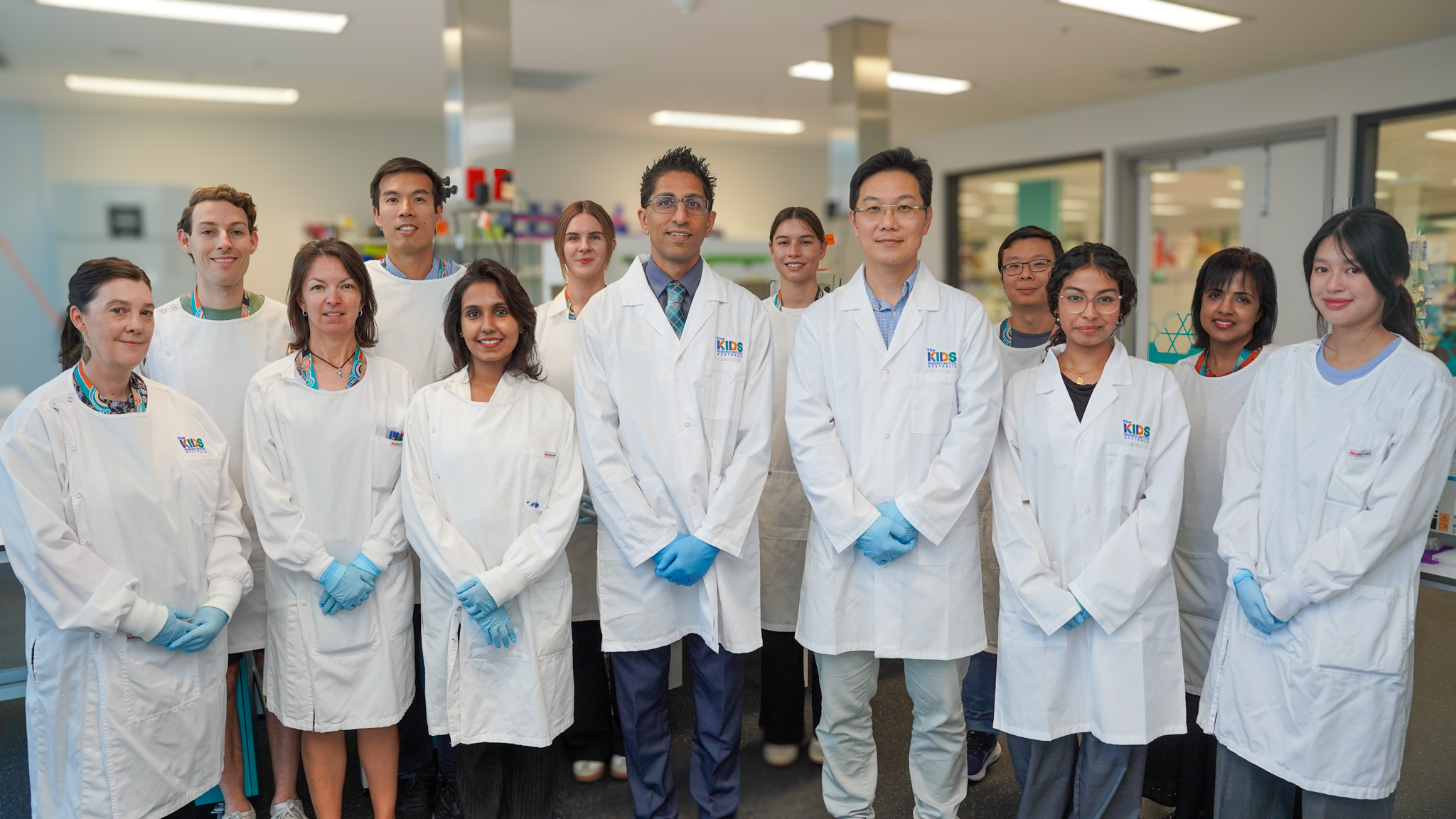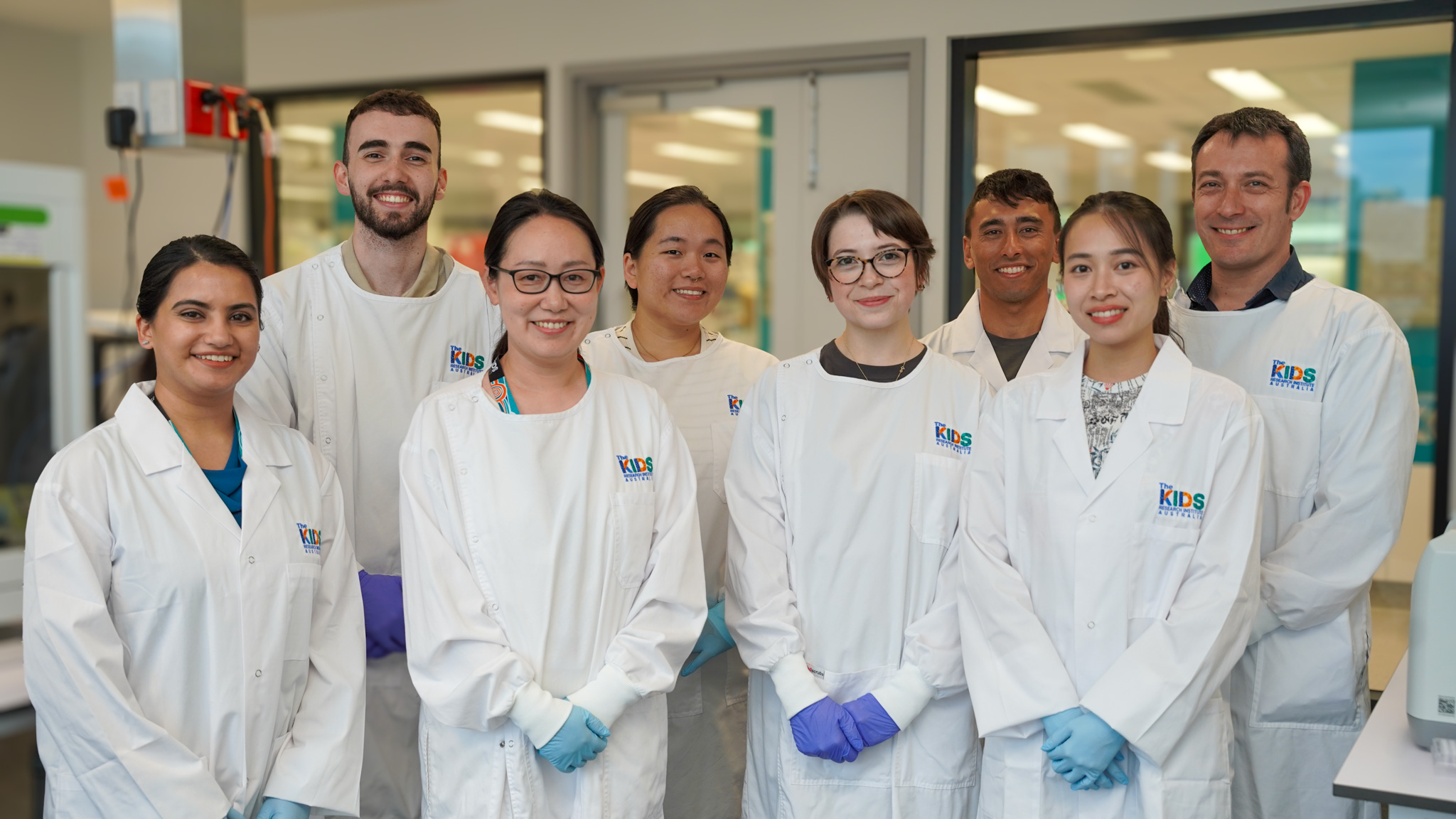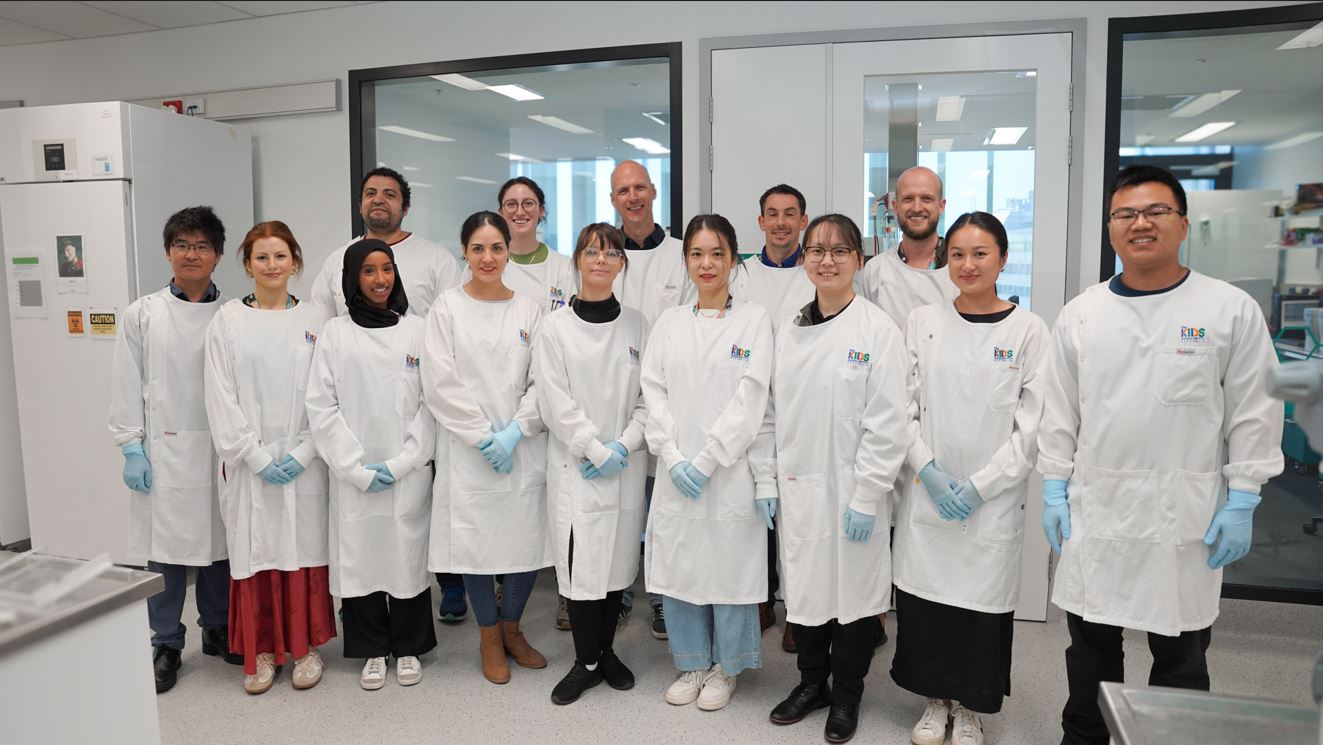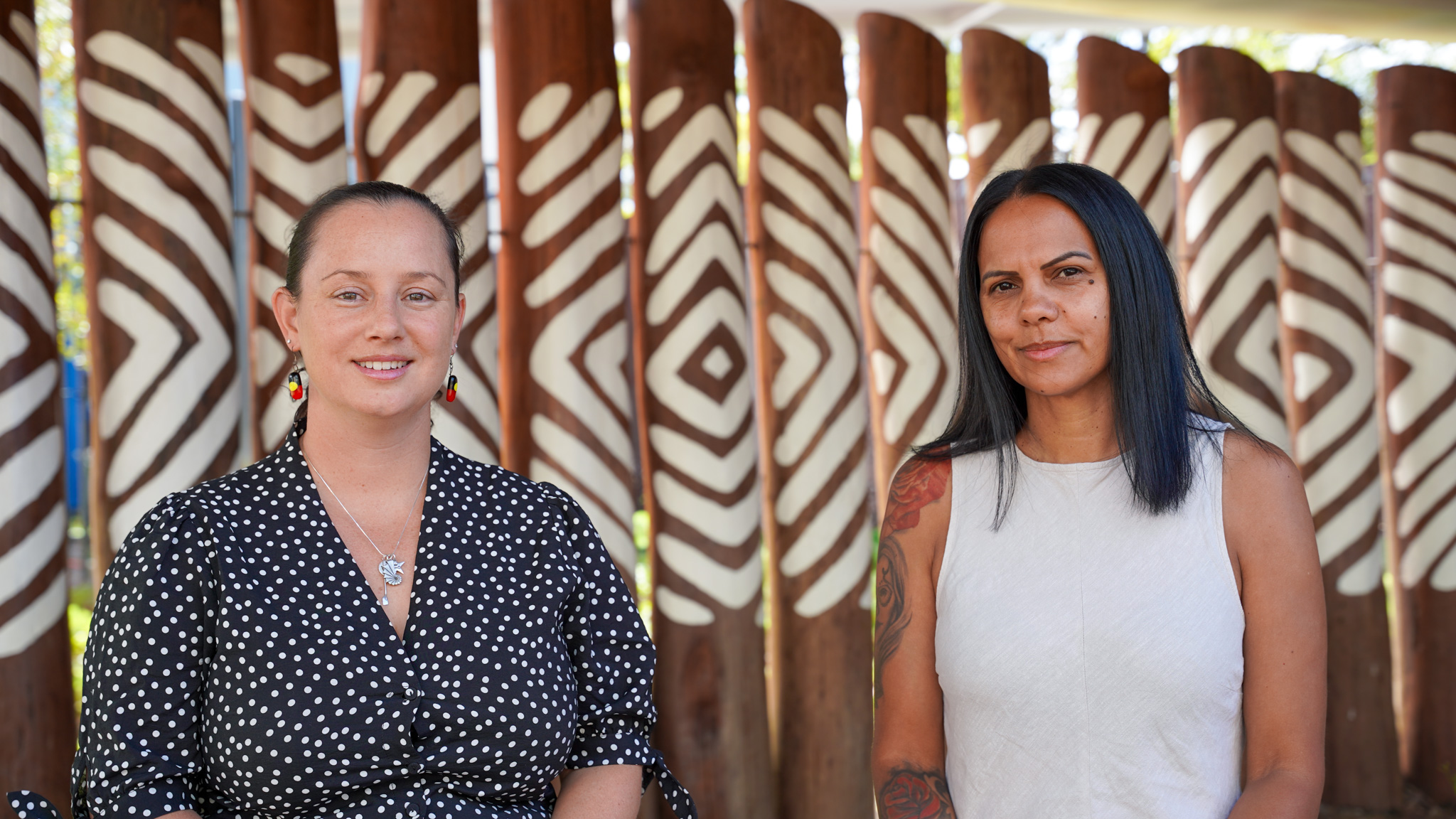Despite significant advances, cancer is the leading cause of death by disease in young people.
In Australia, more than 1,000 children and adolescents are diagnosed with cancer each year.
Overall, about 80 per cent of children survive their cancer, a rate that reflects major progress over the past decades. However, while survival rates have increased, certain cancers continue to have poor outcomes and many children experience long-term side effects from their treatment, highlighting the urgent need for more research and better treatment options.
What is childhood cancer?
Cancer is a complex disease that occurs when cells mutate and begin growing uncontrollably, invading surrounding tissues and spreading to other parts of the body. Compared to adult cancers, childhood cancers appear to strike at random. They develop differently and require different treatment approaches.
There are multiple types of cancer, including leukaemia, brain cancer, sarcomas, and many more subtypes. Our WA Kids Cancer Centre focuses primarily on cancers where improved treatments can have the greatest impact.
How is childhood cancer diagnosed and treated?
Diagnosis typically involves a combination of medical imaging, biopsies, and laboratory tests. Treatment depends on the type and stage of cancer but may include surgery, chemotherapy, radiation therapy, immunotherapy, and participation in clinical trials. Early detection and personalised treatment plans are crucial to maximise survival and minimise long-term effects.
Our research impact
Our WA Kids Cancer Centre is focused on developing safer, more effective treatments for childhood cancers so that children with cancer can survive and thrive. Our dedicated teams — including both laboratory scientists and paediatric oncologists — are working on collaborative laboratory-based and translational research programs to change the future of childhood cancer treatment.
Our research priorities include:
- Advanced laboratory models: We are establishing world-first childhood models for all types of cancer to understand the unique way in which children’s cancers respond to different treatments.
- Developing world-leading clinical trials: Our researchers are using laboratory models to inform and develop early phase trials and determine if new treatments are safe and effective.
- Personalised treatment: Every child’s cancer is unique. Through detailed genetic and cellular testing, we aim to tailor treatment strategies to the individual, enabling us to pinpoint vulnerabilities in an individual’s cancer cells and target them with precision.
- Closing the gap: We are developing community-led, culturally safe strategies to better treat First Nations children with cancer and close the gap in outcomes.
- Long-term health and wellbeing: We want to reduce the severe long-term side-effects of current treatments, both physical and psychosocial, by minimising treatment-related toxicity.
- Optimal treatment combinations: We are working to identify and investigate combination treatments that work in ‘synergy’ to target different cancer vulnerabilities much more effectively. This includes a strong focus on immunotherapies – which harness the body's own immune system to fight cancer cells and avoid the collateral damage of conventional treatments.
- Innovative therapies to take advantage of surgery: We have established a new research program to investigate the unique opportunity that surgery provides to access the tumour site and deliver medicine locally.
Our goal is to bring groundbreaking, safe treatments from the laboratory directly to the clinic, reducing long-term side effects and offering renewed hope for children and their families.

